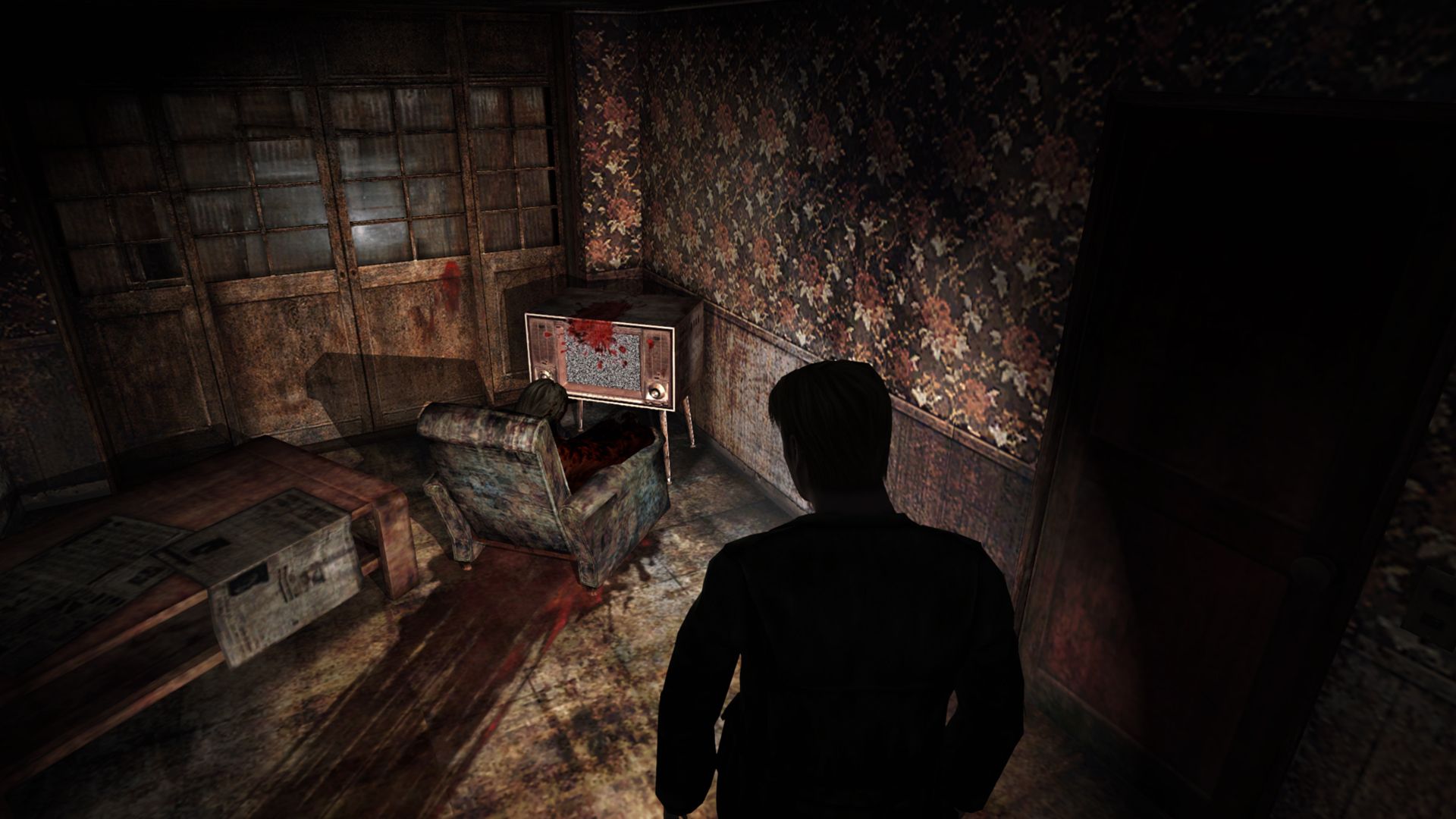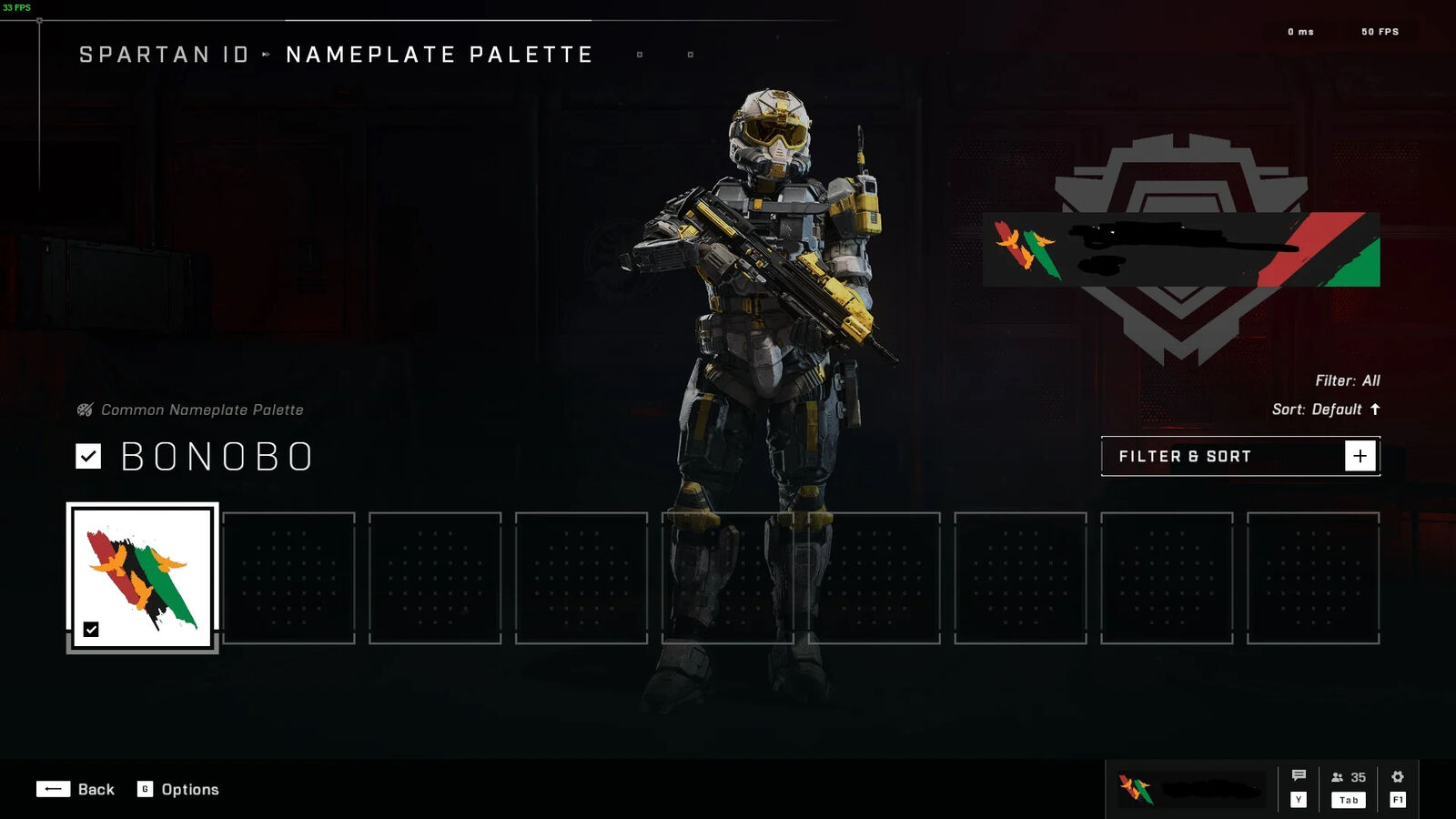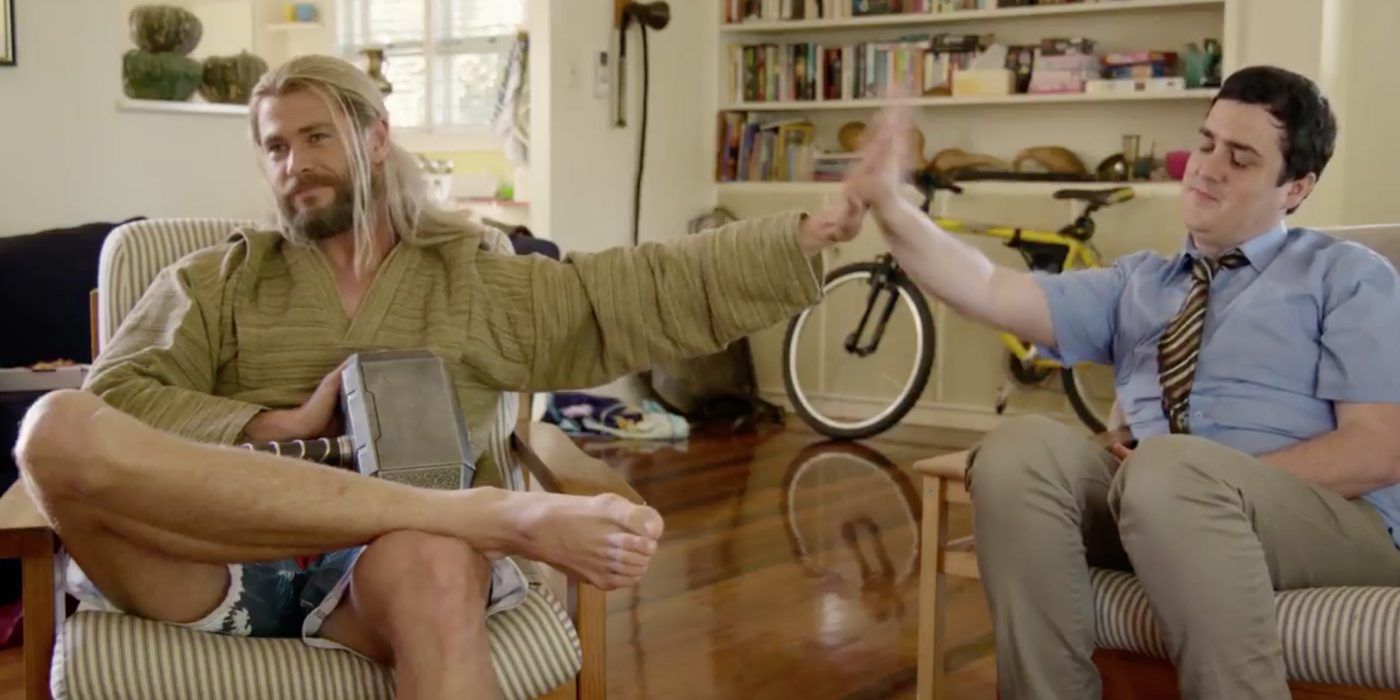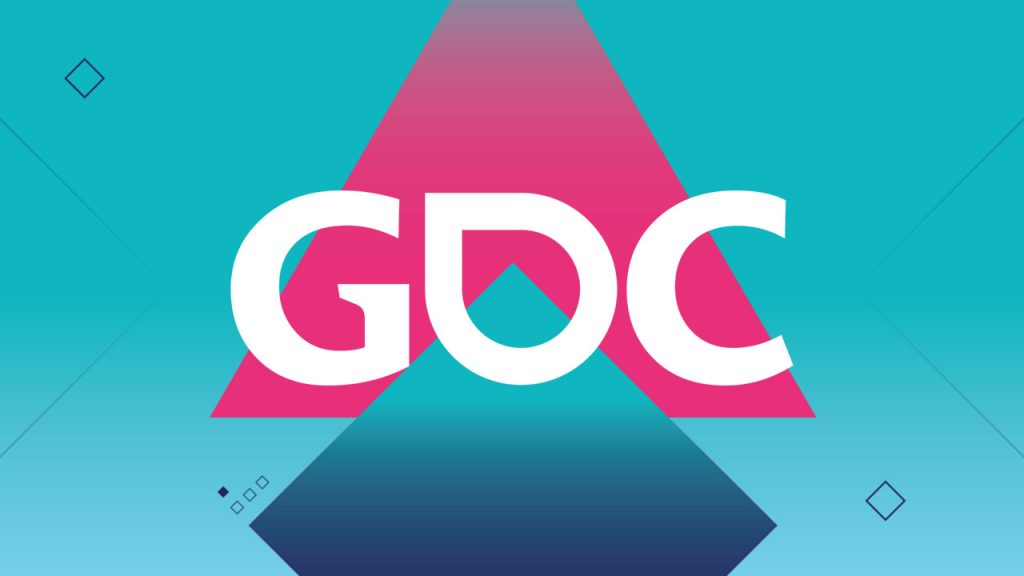
Since 1999, counting spin-offs and re-releases, there have been 18 Silent Hill games—and you can count the really, really great ones on one hand. That's a dismal average for a series with this much potential, and compelling proof that, when it comes to Silent Hill, Konami has no idea what it's doing. The first game launched on the original PlayStation in the late '90s, when the company was a powerhouse. Games like Suikoden II, Metal Gear Solid, and Castlevania: Symphony of the Night sealed its reputation as one of the best publishers/developers in the business. And Silent Hill—a provocative, stylish, and mature horror game that made Resident Evil look like a B-movie—only strengthened that prestige.
Konami formed Team Silent in 1996, led by director Keiichiro Toyama, who would later go on to create the Siren series. According to composer Akira Yamaoka, the team was made up of staff who had failed at other projects, and would have left the company if Silent Hill hadn't surprised everyone by being both extremely good and a sales success. The studio went on to develop three more games—Silent Hill 2 (an all-time classic), Silent Hill 3 (very good), and Silent Hill 4: The Room (ahem)—before being disbanded by Konami in 2005. This was the end of Silent Hill as we knew it, and a death knell for the series.
Related: 10 Horror Games That Were Way Ahead Of Their Time
Konami outsourced Silent Hill to a number of western developers including Climax, Double Helix, WayForward, and Vatra—none of whom managed to replicate the distinctive aesthetic, ambience, or subtle approach to horror Team Silent had so perfectly established. Of the games these studios released—including Origins, Homecoming, Book of Memories, and Downpour—only 2010's loose remake of the original, Shattered Memories, managed to capture any of the subversive spirit of the Team Silent era. The others were poor facsimiles, suffering from a lack of visual imagination, stories with no subtlety, truly terrible monster designs, and contrived attempts to reproduce moments from the earlier, better games.

They weren't unplayably bad games, and all of them have their moments. They were just bad Silent Hill games, made by studios that seemed only to have the most superficial, surface level understanding of what made the originals great. Konami's ability to find the right developer to take stewardship of the series was, and remains to this day, highly questionable. That's really at the heart of why it's been a mess for so long, and why there hasn't been a genuinely great entry in the series for over a decade. How do you even get to that stage with something like Silent Hill? Talk about a wasted opportunity.
Capcom was in a similar position in the wake of Resident Evil 4. It didn't outsource its games, but the quality notably dipped, and people began to lose faith in the series. Resident Evil 6, an astonishingly dumb parade of lame action set-pieces and limp horror, could have been the final nail in the coffin, but Capcom was smart. It gathered some of its most talented developers—people who understood Resident Evil, but had the vision to take it to exciting, uncharted places—and the result was Resident Evil 7, a bold, brilliant reinvention that made people fall in love with the series all over again.
Silent Hills, a proposed sequel directed by Metal Gear Solid creator Hideo Kojima, in collaboration with filmmaker Guillermo del Toro and legendary horror manga artist Junji Ito, could have steered the series in a similar direction—had it not been unceremoniously cancelled. If it was possible to feel sympathy for a large, wealthy corporation like Konami, I would. The first good decision it's made for Silent Hill in years, and the project is torpedoed after a very public falling out with one of its most famous and beloved creators. Silent Hills could have saved the series, but I guess we'll never know. If 2014's PT, its 'playable teaser' was anything to go by, we were in for something special.

Some things can never be forgiven, though—and I'm not talking about all those garish Silent Hill pachinko machines. They were bad, but not as bad as 2012's 'remastered' re-release of Silent Hill 2 and 3. Developer Hijinx actually made the games look worse, with broken fog effects revealing unmodelled parts of the world that were never meant to be seen, missing or pixelated shadows, textures reworked with no respect for the original art, stretched cutscenes, and most infamous of all, text on a sign being changed to Comic Sans, for reasons I will never understand. Silent Hill 2 is one of the most beloved, influential, critically acclaimed horror games ever made—and this is how Konami treats it?
The whole premise of Silent Hill really is the perfect setup for a horror series. The town is a constant, but the cursed, broken people it lures there, how it manifests itself to them, and the disturbing creatures it spews out, means the creative potential for beguiling, challenging, and imaginative horror is basically limitless. And yet here we are. I'm not sure where the series is headed next, but I really have no faith in Konami to do right by it. I want it to make another great Silent Hill, with a team who truly gets it, but I'm not holding my breath.

So who should Konami give Silent Hill to? How about Red Candle Games. With its indie horror masterpieces Detention and Devotion, this Taiwanese studio has proven itself to be an expert in psychological, unsettling, intelligent, and subtly gnawing horror. Or how about Remedy, the studio behind Alan Wake and Control. It has a unique voice, it does weird really well, and it has a knack for telling evocative, melancholy stories about sad, troubled people drawn into bizarre worlds. That's basically Silent Hill.
There was some uproar among fans recently when it was announced that Bloober Team, the preposterously named studio behind Layers of Fear and The Medium, had entered into a partnership with Konami. The developer has done its best to squash rumours it might be working on a new Silent Hill, but I can't help but worry that there might be some truth to it. The developer's clumsy handling of themes and heavy-handed approach to horror makes me wonder if it's a good fit for the series. But this is all speculation. Right now, Silent Hill is in a sorry state, and I wonder if it can ever recover. I hope it will.
Next: Bloober Team Isn't The Right Studio For Silent Hill



